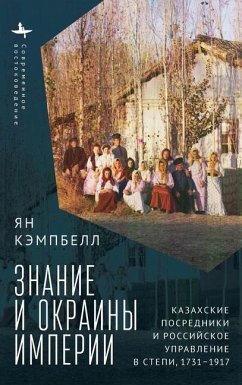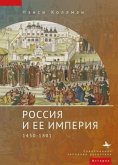This book investigates the connections between knowledge production and policy formation on the Kazak steppes of the Russian Empire. Tsarist officials were desperate to obtain reliable information about the unfamiliar environment and population of the steppe. This thirst for knowledge created opportunities for Kazak intermediaries to represent themselves and their environment to the tsarist state. Because tsarist officials were uncertain of what the steppe was, and disagreed on what could be made of it, Kazaks were able to be part of these debates, at times influencing the policies that were pursued. By the early 20 th century, though, the tsarist state's pursuit of a policy of mass peasant colonization of the steppe region closed this space for debate. The same local knowledge that Kazak intermediaries had used to negotiate tsarist rule became, with this, a language of resistance.
Hinweis: Dieser Artikel kann nur an eine deutsche Lieferadresse ausgeliefert werden.
Hinweis: Dieser Artikel kann nur an eine deutsche Lieferadresse ausgeliefert werden.








